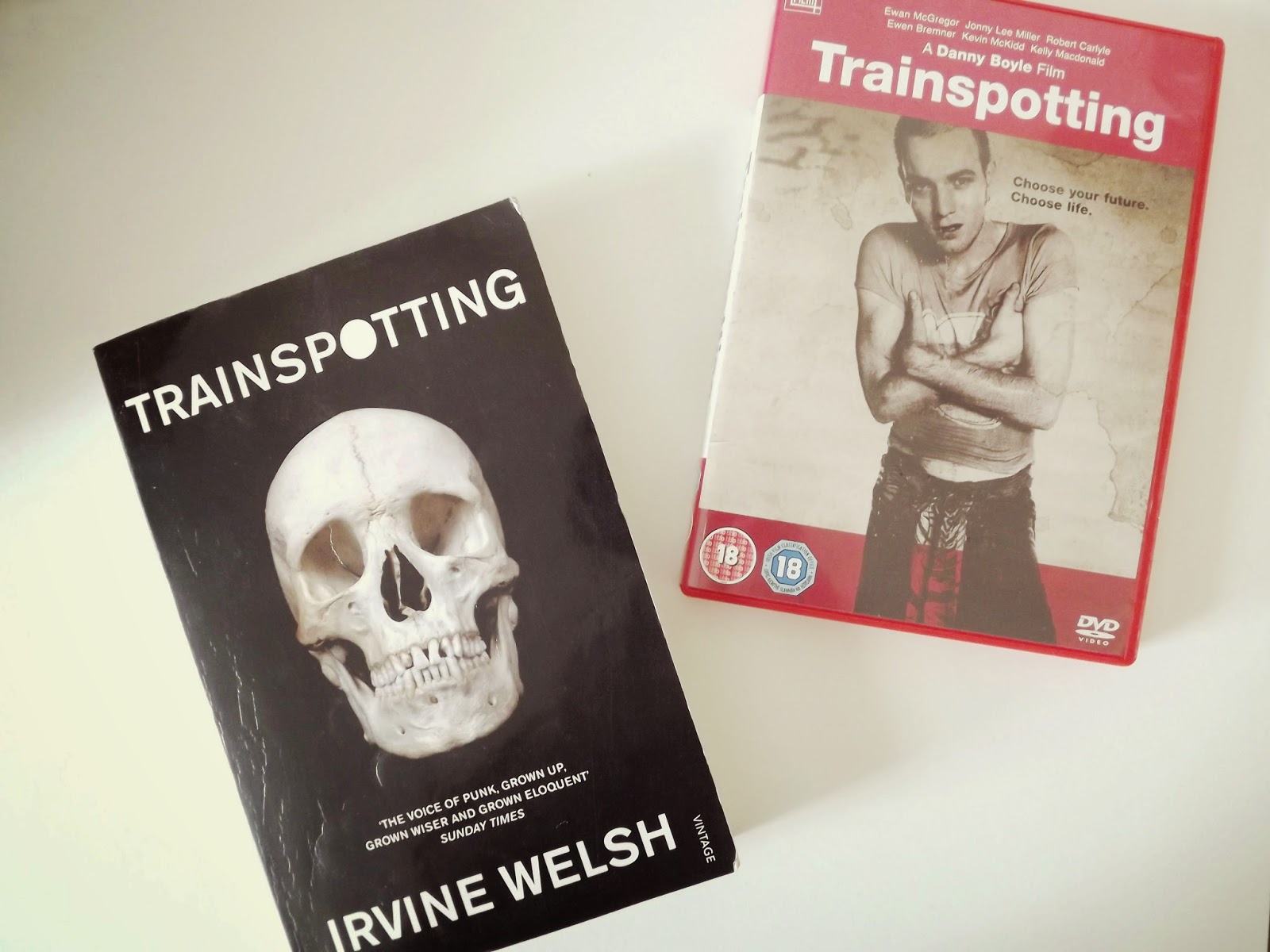Why Fashion Revolution Week is More Important Than Ever
This week (20th-26th April 2020) is Fashion Revolution Week. In 2013 the Rana Plaza building in Bangladesh collapsed killing over 1000 people. The disaster included the collapse of garment factories for the western fashion industry. On the anniversary of the event, Fashion Revolution encourages people from across the globe to campaign for systemic change in the fashion industry to promote more ethical and sustainable practices. Fashion Revolution states:
"We are living in a climate emergency and the fashion & textiles sector is one of the most polluting and wasteful industries. The industry continues to lack transparency, with widespread exploitation of people working in the supply chain. Never before have there been this many people on the planet in slavery, and fashion is a key driver of this reality. Brands and retailers are still not taking enough responsibility for the pay and working conditions in their factories, the environmental impacts of the materials they use or how the products they make affect the health of people, animals and our living planet."
This year, Fashion Revolution Week is more important than ever. With the COVID-19 pandemic hitting all businesses hard, the fashion industry and its most vulnerable workers have also been effected.
With fashion stores temporarily closing their doors, brands have had to cancel their orders in order to protect their economic interests. Approximately $1.5 billion worth of orders have been cancelled in Bangladesh. Consequently, this has meant a loss of current and future wages for the contract labour, daily wage workers and piece rate workers. Millions of garment workers across the globe have already lost their jobs and have limited to no access to social and financial security. Prior to the pandemic, less than 2% of garment workers earned a living wage and now they are expected to live on almost nothing at all.
Fashion Revolution explain that in Los Angeles, many garment workers aren't entitled to unemployment benefits due to the 'off the books' nature of the work. As a result, workers cannot apply for paid family leave, disability insurance and other unemployment benefits during the pandemic. Before the pandemic, LA garment workers earn less than minimum wage and work long hours with no breaks to ensure they can make enough money to survive. Some workers in LA continue to work, making PPE in the same terrible working conditions.
However, we can use this time to try and instigate change in the fashion industry. We are currently all united by this global experience and if we work together we can make a change. Instead of returning to our usual practices, we can use this time to try and build a better system for the fashion industry - one that values people and the work that they do as well as one that isn't a drain on the Earth's resources.
Fashion Revolution have made is so easy to take action with templates for e-mails and social media posts directed to fast fashion retailers, urging them to take care of the supply chain workers than produce their products.



Comments
Post a Comment
Thanks for commenting, I will reply to your comment but you can also tweet me at @amyleehaynes or e-mail me at: amyleehaynes@hotmail.co.uk